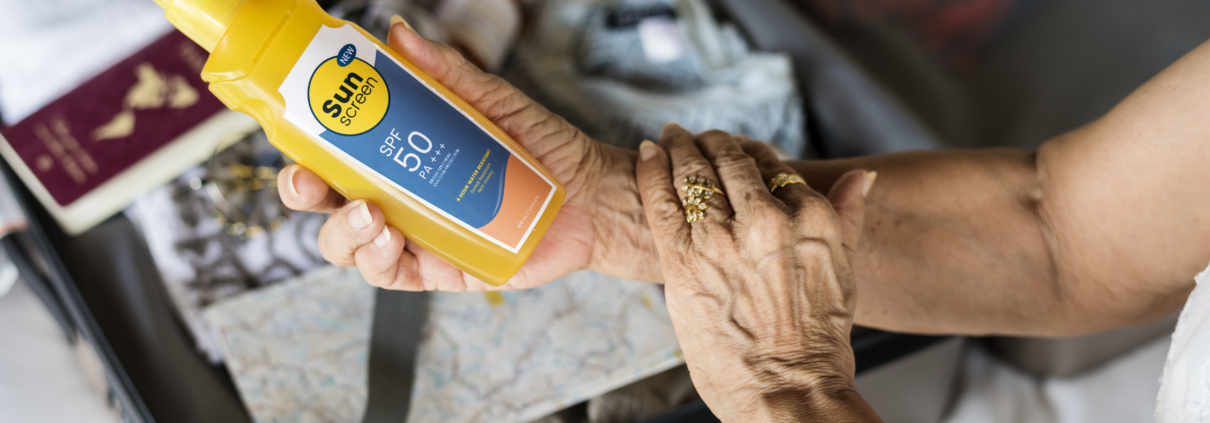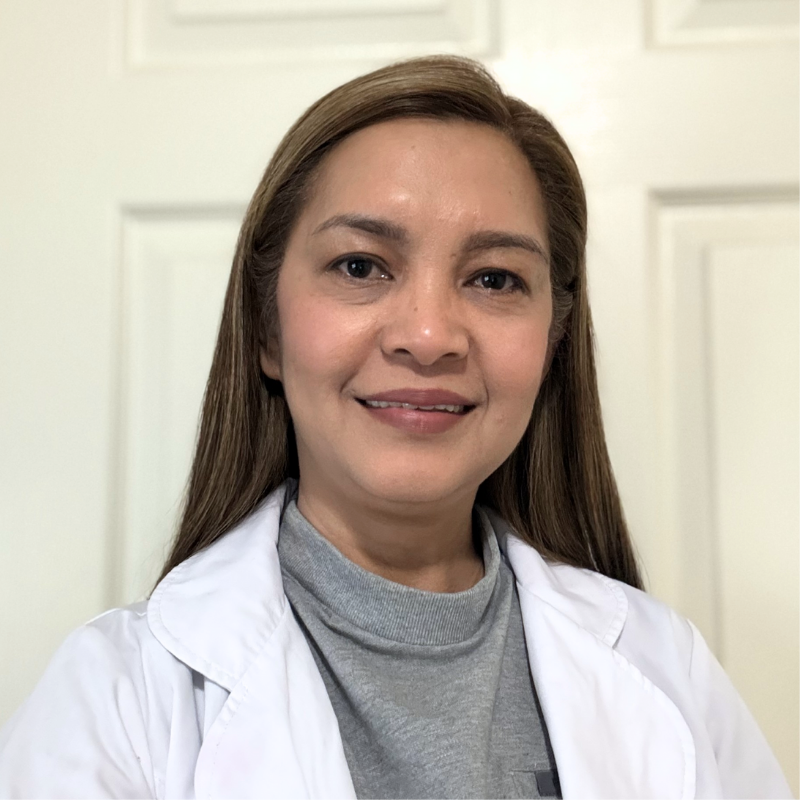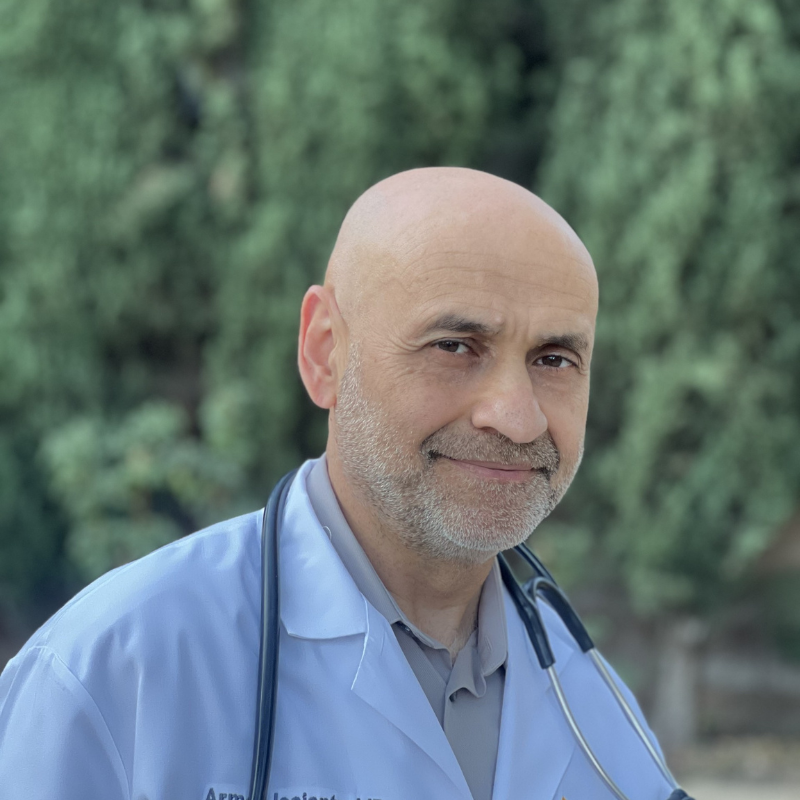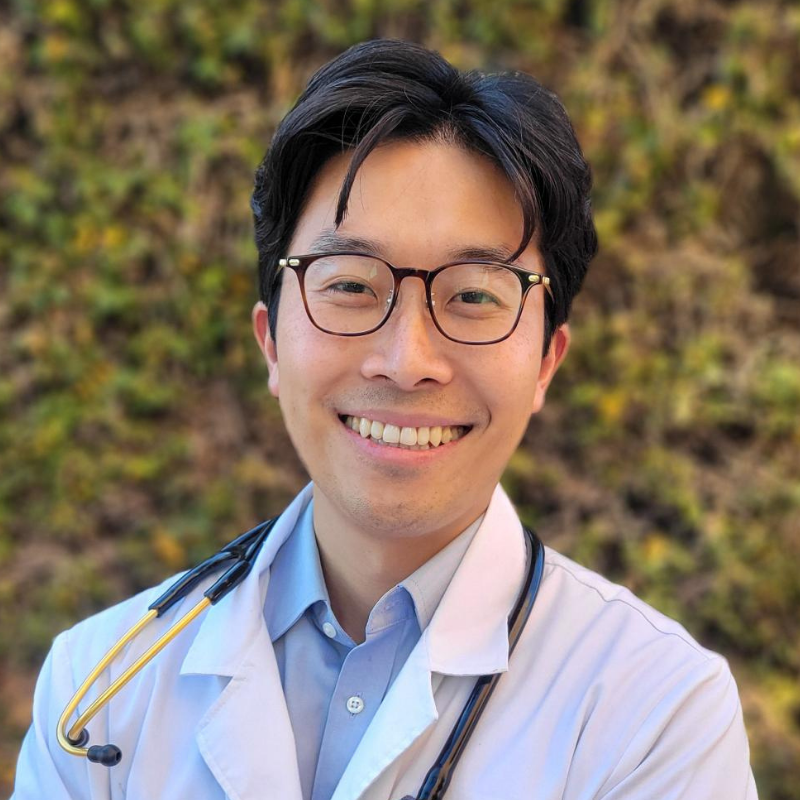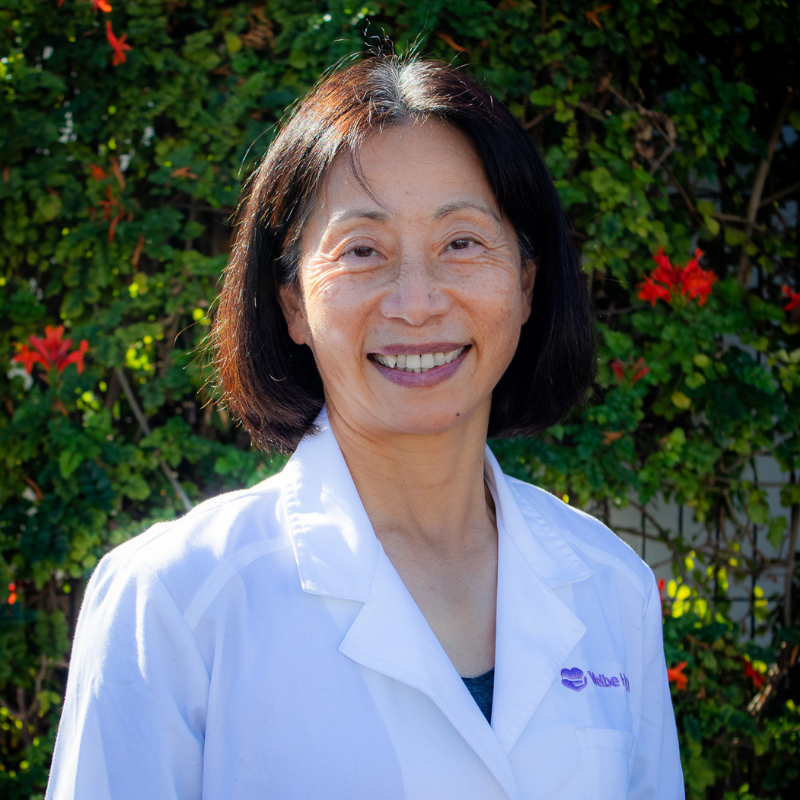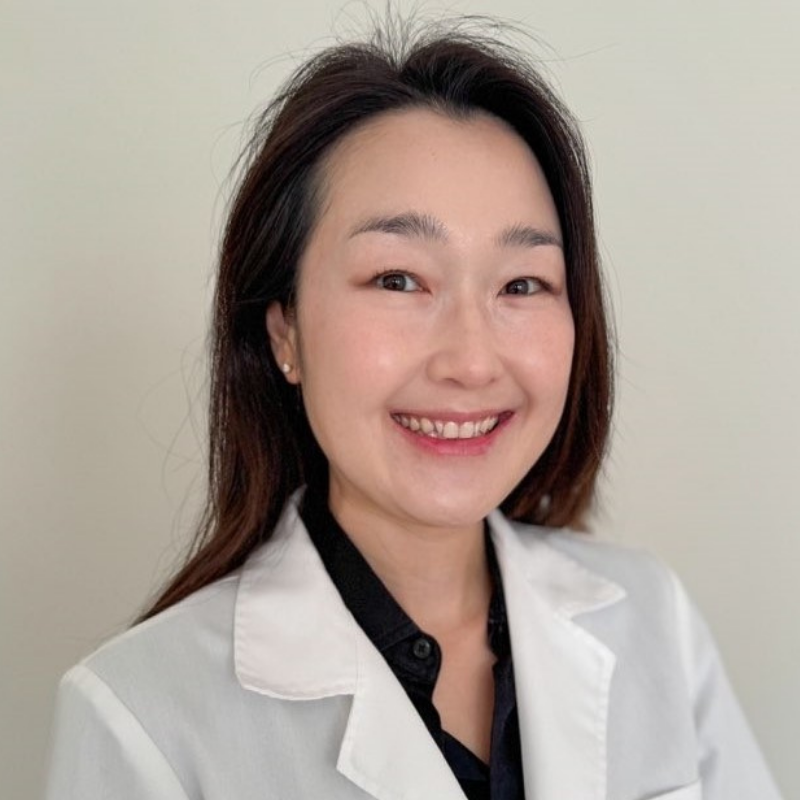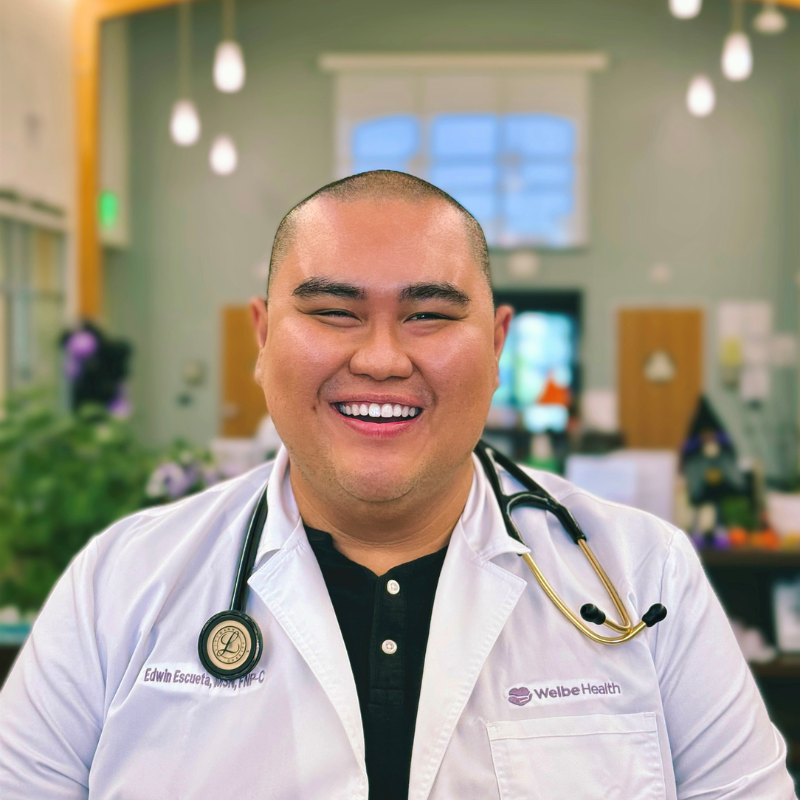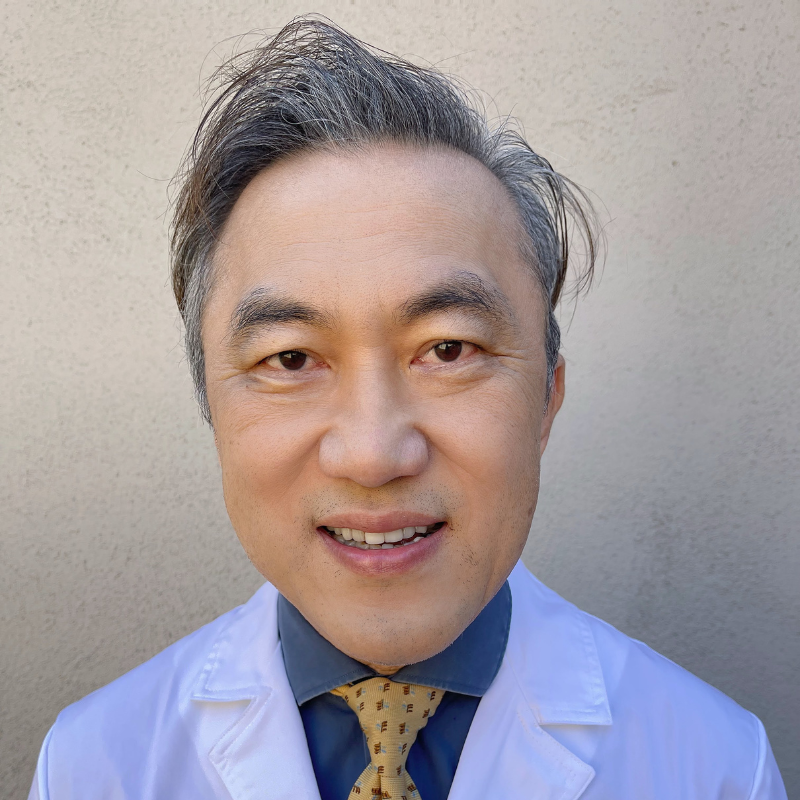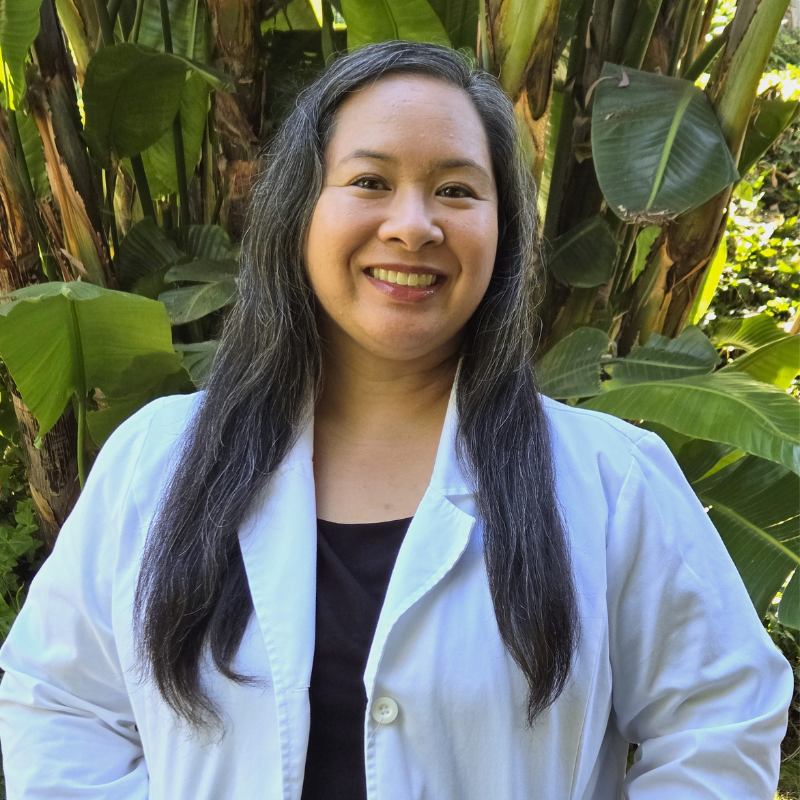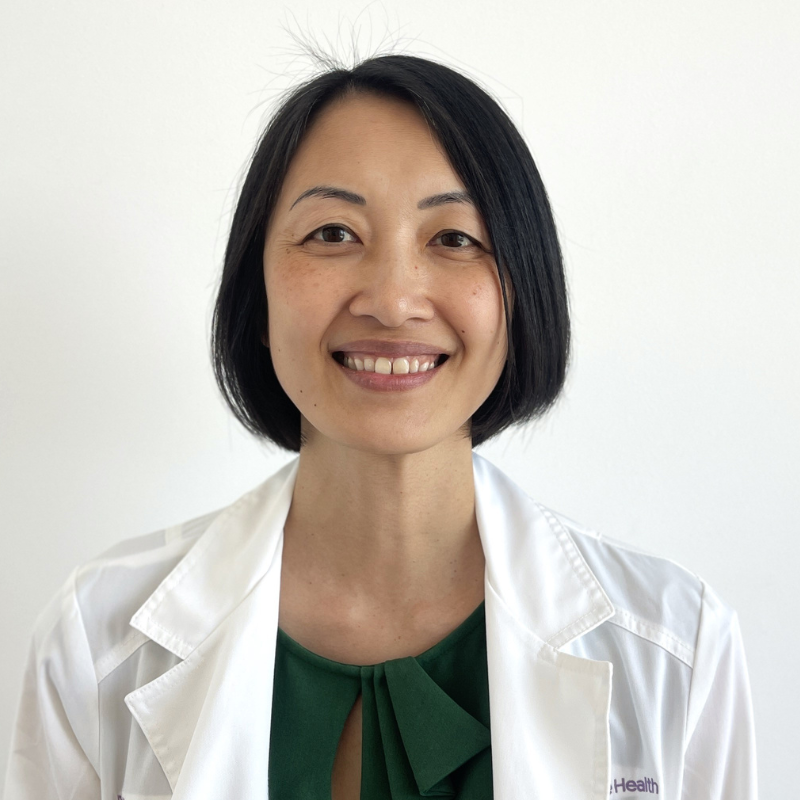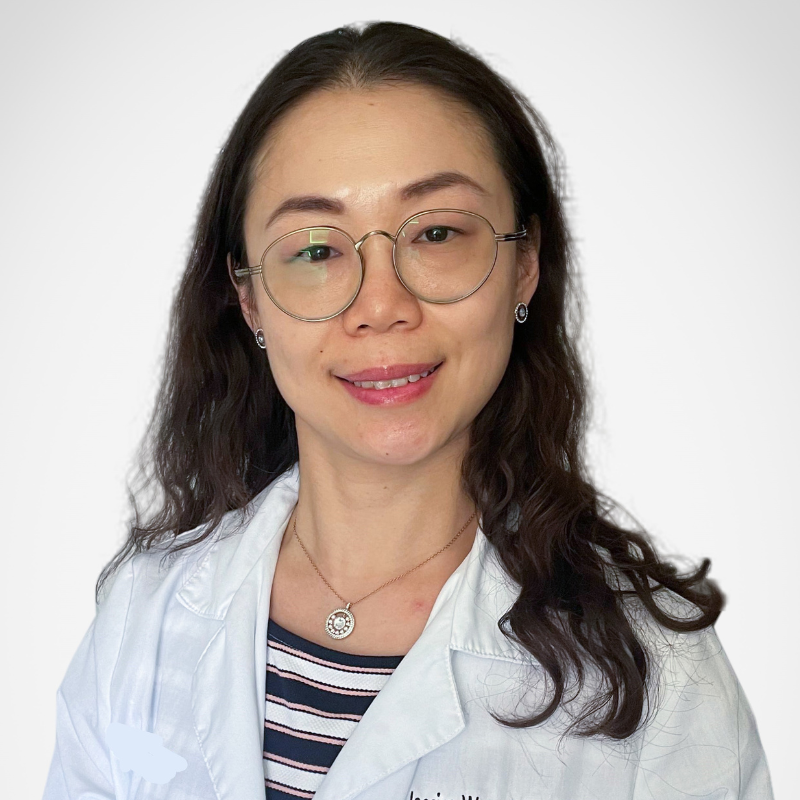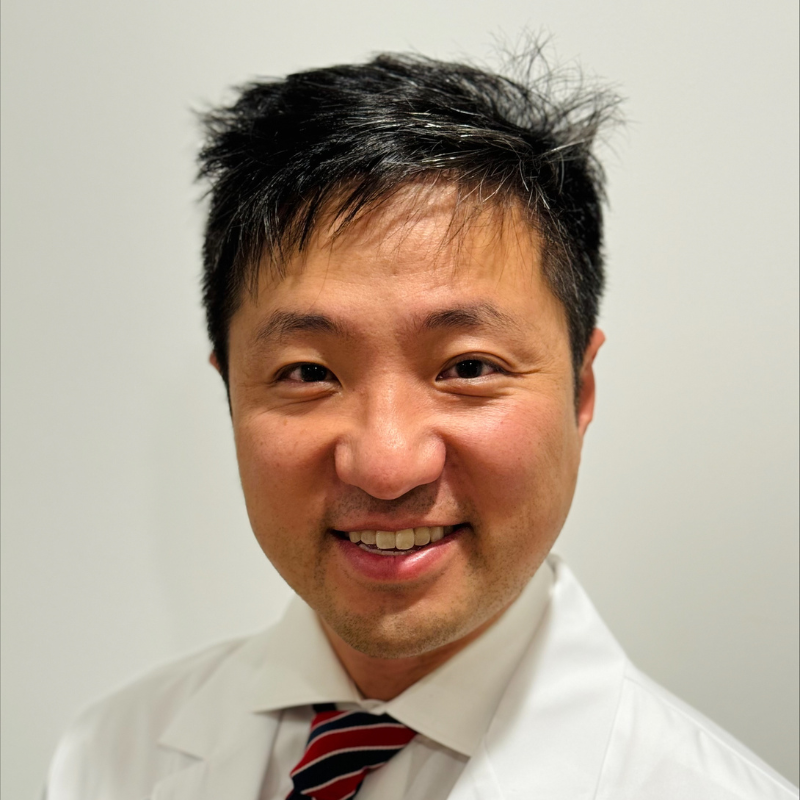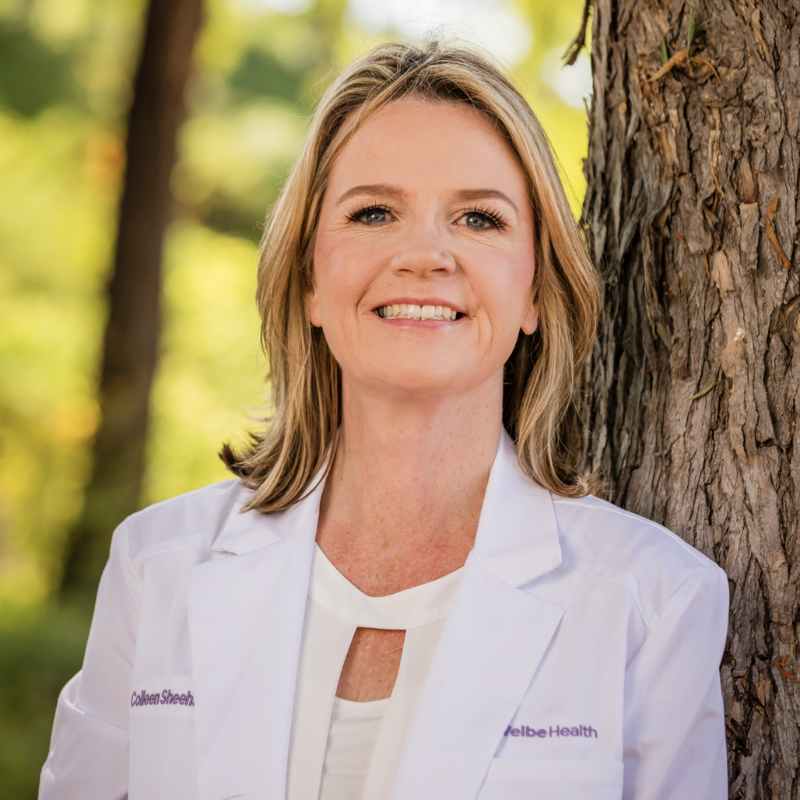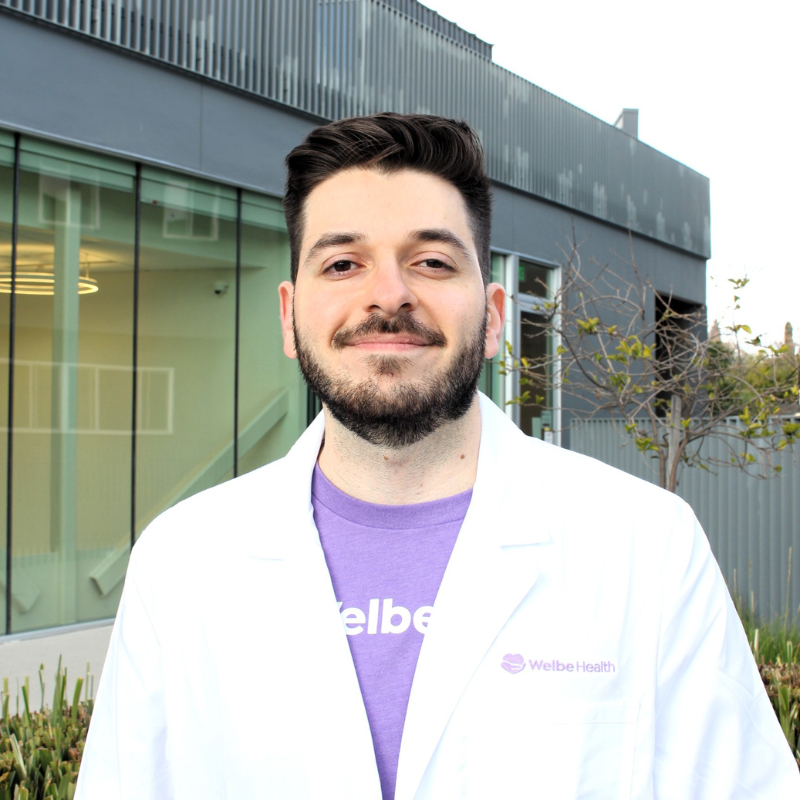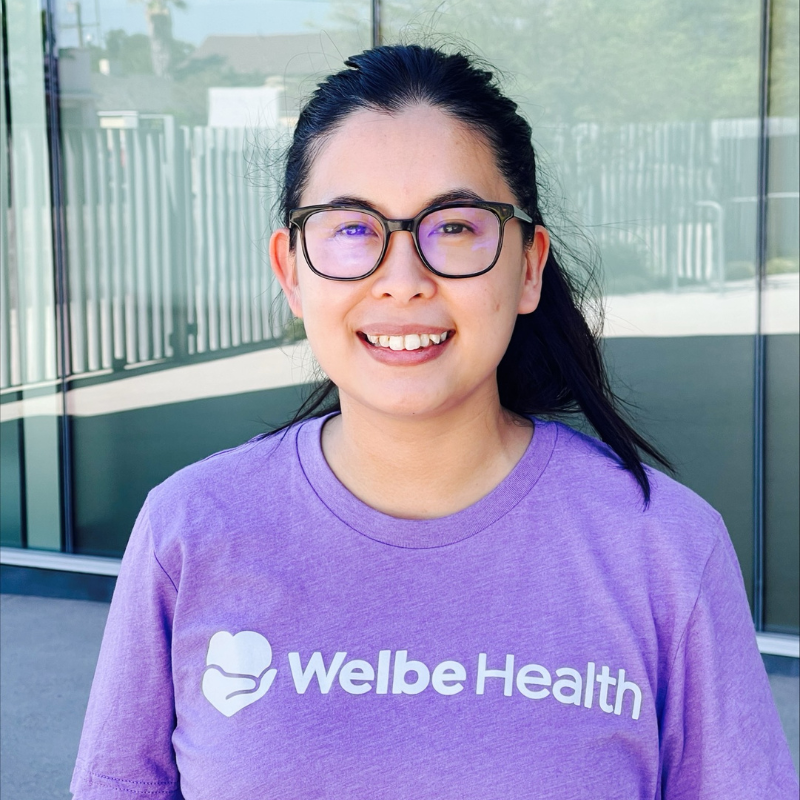Best UV Safety for Seniors: Keep it Simple with These Tips
July is UV Safety Month
Enjoying the warm weather is one of the delights of summer. However, it is important to practice Ultraviolet (UV) light safety. For seniors and others, this means limiting your exposure to the sun’s harmful rays, which can cause skin damage and lead to skin cancer. Around 90% of the signs of skin aging are caused by the sun. Those who have accumulated the most exposure to UV rays over the years are – you guessed it – seniors.
July is UV Safety Month. Using better UV protection can protect your skin from harm. And there are even ways to reverse some damage. Use these simple tips:
UV Safety for Seniors – Go By the Clock
UV protection is most important between 10 am and 4 pm because the sun’s harmful rays are the strongest between these hours. Aim for early morning or evening if you can plan your time outside. If you must be outside mid-day, try to stay in the shade.
The Best UV Safe Sunscreen for Seniors
Not all sunscreen is equal for UV protection. Choose one that has an SPF of 30 or higher. UVA and UVB sun rays both damage skin cells. Read the label to make sure your sunscreen has “broad spectrum” or “UVA and UVB” printed on the bottle.
Using SPF Correctly
Apply your sunscreen 20 minutes before sun exposure for it to work best. Re-apply sunscreen every 2 hours and after you sweat or swim. People with fair skin, especially those with light-colored eyes and hair, accumulate sun damage more easily and should use UV protection carefully. You can take a quick quiz to find your skin type here.
Reverse Years of Damage
Even if you have had many sunburns or avoided using sunscreen over the years, you can reverse the damage using new technology. Creams or gels with retinoids can help to remove precancerous lesions. Ask your doctor about these topical medications.
Beyond Sunscreen
You have options for protection in addition to sunscreen. Some clothing is designed to protect your skin from the sun. A long-sleeved shirt, long pants, sunglasses that filter UV rays, and a hat with a wide brim can offer protection. Remember also to protect yourself from heat stress during the summer months.
Skin Changes with Age – Lifestyle Matters
Our skin thins as we age. This can weaken the skin’s defenses to UV light. Proper sun protection for seniors, a balanced diet, and avoiding smoking and pollution can help prevent skin diseases.
Watch for Skin Changes
Be aware of any suspicious growths on your skin. The Skin Cancer Foundation recommends a self-examination once a month. You can find out how to do one here. Visit your dermatologist once a year to check for skin cancer. Bring questions about anything you have noticed that has changed size, is new, or has an irregular border. Also, if you have a growth that causes crusting, irritation, or bleeding, tell your doctor right away.
Remember: skin cancer is among the most treatable cancers. So do your best to catch it early. Enjoy the sunshine safely this summer.

